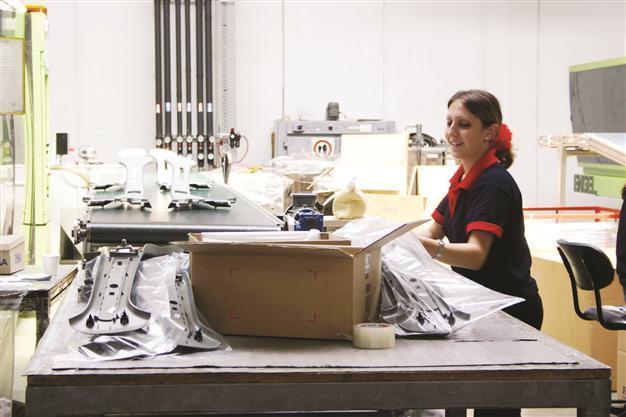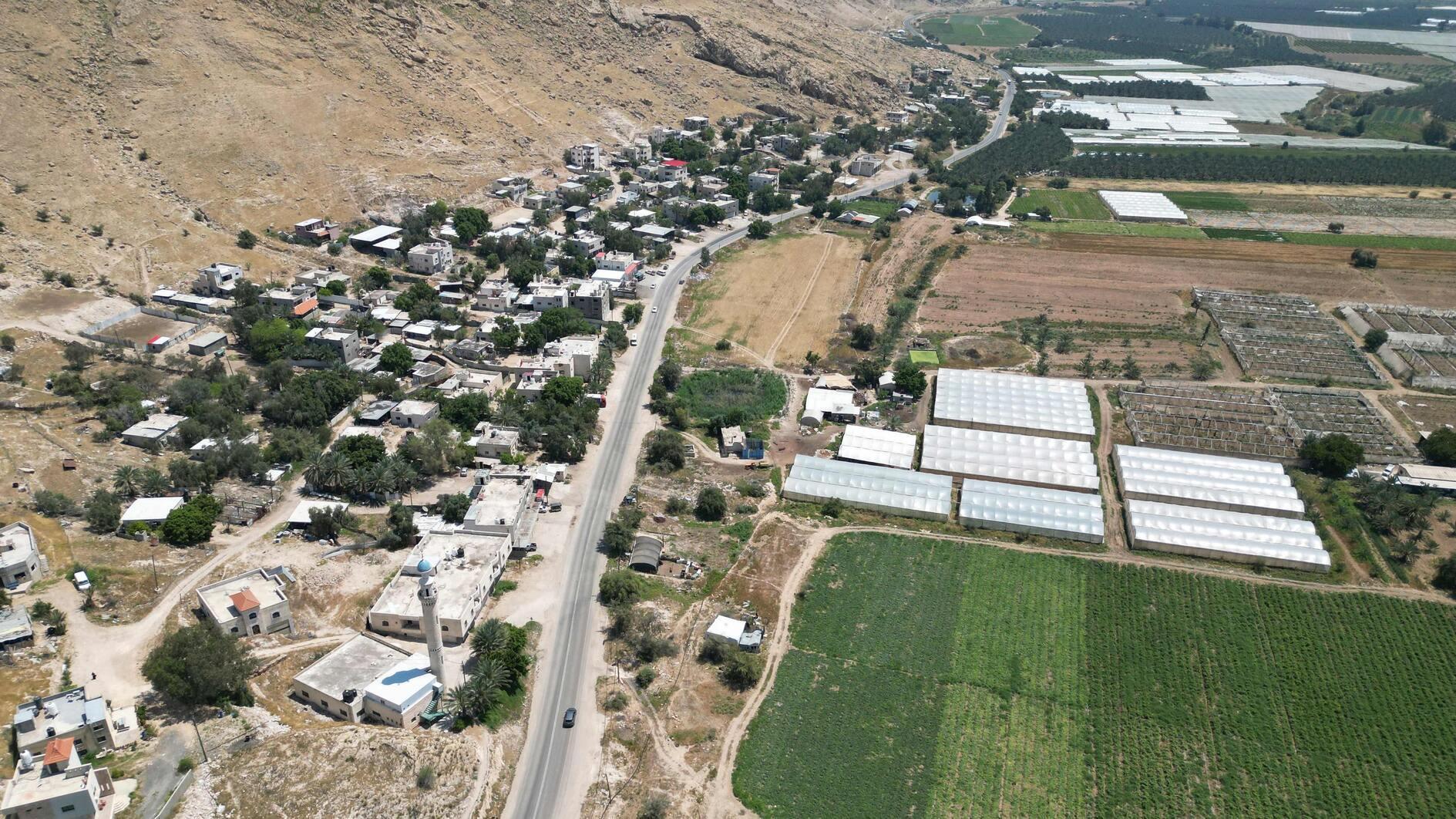Turkey-EBRD relations promise bright future for local businesses
ISTANBUL

The European Bank for Reconstruction and Development’s main areas of focus in Turkey are sustainable energy, support for micro-small and medium sized enterprises and support for privatization.
Turkey is one of the founding member countries of the the European Bank for Reconstruction and Development (EBRD) and is looking to develop ties with the international organization with more projects every year.Last year the operations of the bank in Turkey reached 1 billion euros and a cumulative 2.5 billion euros.
Some 94 percent of the EBRD financing in Turkey is allocated to the private sector, while the rest is for municipal finance operations without Treasury guarantees.
The bank’s main areas of focus in Turkey are sustainable energy, support for micro-, small- and medium-sized enterprises (MSME) and support for privatization.
The bank aims to invest 1 billion euros annually in Turkey until 2015 under its medium-term business strategy.
“We have very close relations with the bank management,” a Turkish official told the Hürriyet Daily News. “The board director of Turkey represents Romania, Azerbaijan and the Kyrgyz Republic in the bank. The EBRD has two resident offices in Istanbul and Ankara. The bank plans to open its third office in Anatolia soon.”
Since initiating operations in Turkey in 2009, the bank signed a total of 55 projects with a cumulative investment value of close to 1.6 billion euros. The total project value of these investments was just under 5 billion euros, according to figures from the EBRD.
Turkey is a role model for many countries with its well-managed economy and develepod trade, according to Sir Suma Chakrabarti, the chairman of the EBRD.
Speaking on the sidelines of a press meeting in London, where the Istanbul summit of the EBRD was made public, Chakrabarti said on May 2 that Turkey was an “important part of the EBRD story.”
In the long run, the Turkish economy will be in a better position, Anatolia news agency quoted him as saying.
Turkey has a “well-managed economy, a professional commerce class and public services sector. It is a role model in various means,” he said.
Turkey was receiving attention from investors outside Europe because of its strong private sector, while Serbia, which won a preliminary green light for EU accession talks this year, has increasingly looked away from western Europe to China, India and Turkey for investment, Chakrabarti said in a separate interview with Reuters on April 25.
Turkey’s economy has shown robust growth in recent years and its banks weathered the global financial turmoil well, as evidenced by their balance sheet strength, the EBRD says on its official website.
Country strategy
“Earlier financial sector reforms set the foundations for the stability of the banking system today,” it said.
Economic growth was 9.2 per cent in 2010 and slowed to 8.5 per cent in 2011, it also noted.
“In all its operations, and importantly in its policy dialogue with the authorities, the bank will coordinate closely with other international financial institutions and bilateral donors to achieve maximum impact from its projects,” it said. “The effectiveness of this country strategy in addressing the country’s remaining transition challenges will depend crucially on the continued commitment of the Turkish government to implement market reforms and to further strengthen the business environment.”
“[The bank is helping ensure there is] a cleaner sea in the south, a faster commute in the north, new city transport in the west, helping women-led businesses in the center, restructuring SMEs in the east and saving energy throughout,” the organization said in a recent brochure about the country. “The EBRD has invested in a lot of change in Turkey since we started operations in 2009.”
















